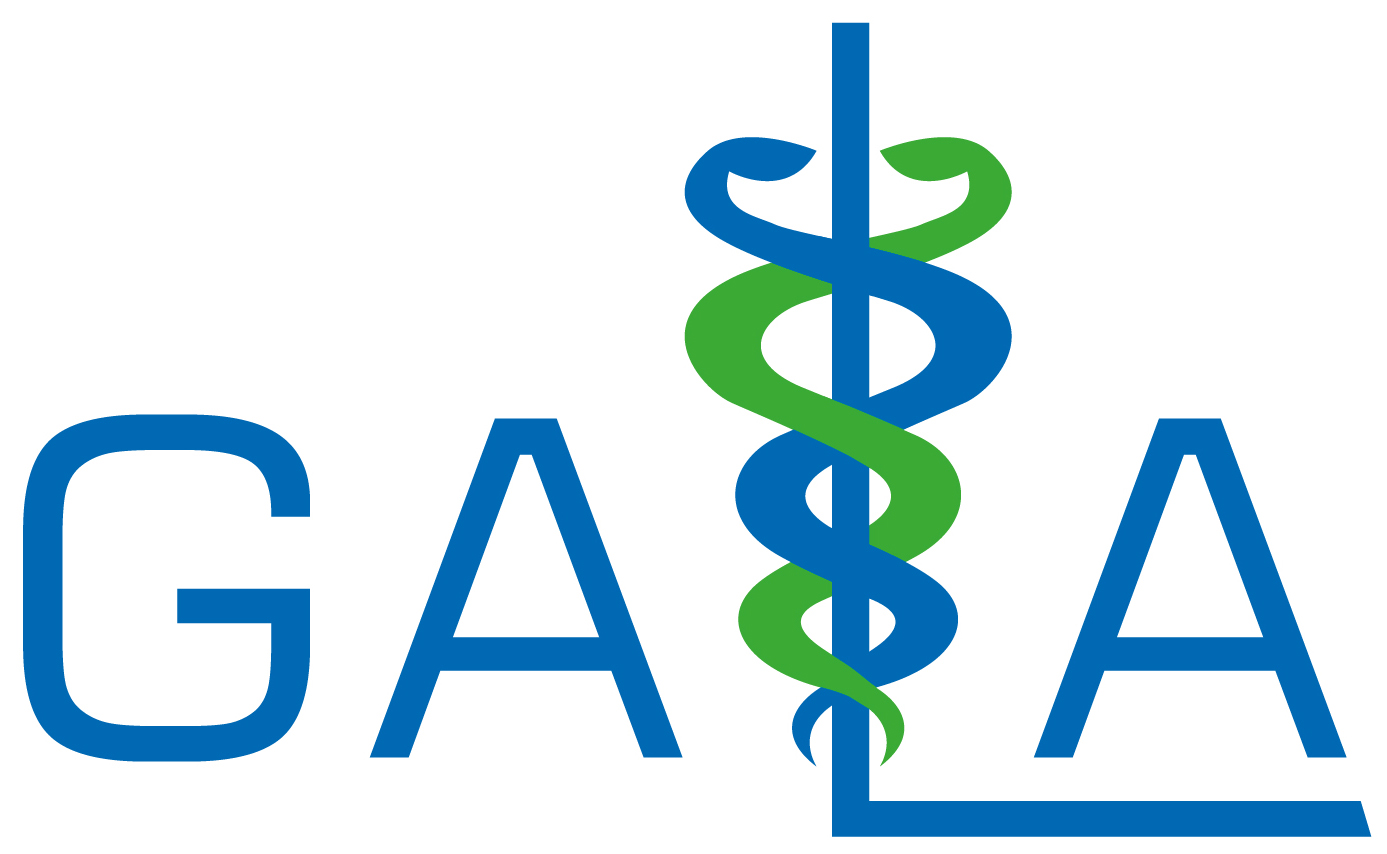The International Conference on Knowledge Management (ICKM) will be held June 23-24 at the University of Applied Sciences Potsdam, Germany. ICKM provides researchers and practitioners from all over the world a forum for discussion and exchange of ideas concerning theoretical and practical aspects of Knowledge Management. One of the main topics of this year will be Knowledge Discovery and Sharing in Healthcare. Please check https://ickm2022.fh-potsdam.de/ for more information on ICKM 2022.
GALA will present ongoing research within the Poster Session.
Thomas Mühlbradt et al.: Analysis of complex surgical care preparation in a major regional hospital using the functional resonance analysis method (FRAM).
Delivering and constantly improving patient safety is a major objective in health care. In recent times, complexity of the health care system has evolved due to the continuously growing knowledge in medicine and an ageing population with multiple pre-existing diseases and medications. Furthermore, different professions in health care with innumerable interrelationships as well as the use of modern technology aggravate risk and critical incident analysis. Therefore, it is crucial to develop and establish approaches better suited to complex sociotechnical systems. One promising approach is the Functional Resonance Analysis Method (FRAM). This novel method illustrates relevant system functions and unveils sources as well as effects of variability, which can then be evaluated according to goals and values. For the first time, we applied FRAM to the complex process of surgical care preparation in a major regional hospital in Germany. With the help of semi-structured interviews, we collected information from employees involved in the process of surgical care preparation for a FRAM-Model. This model was subsequently validated in a workshop. Thereby, strategies and specific measures could be derived that foster helpful variability and avoid or diminish unhelpful variability. Thus, the ability of the system to adapt to changes and disturbances under both expected and unexpected conditions was enhanced. In knowledge management terms, the FRAM sheds light on hidden but relevant knowledge within a complex system that is hard or impossible to identify otherwise.


